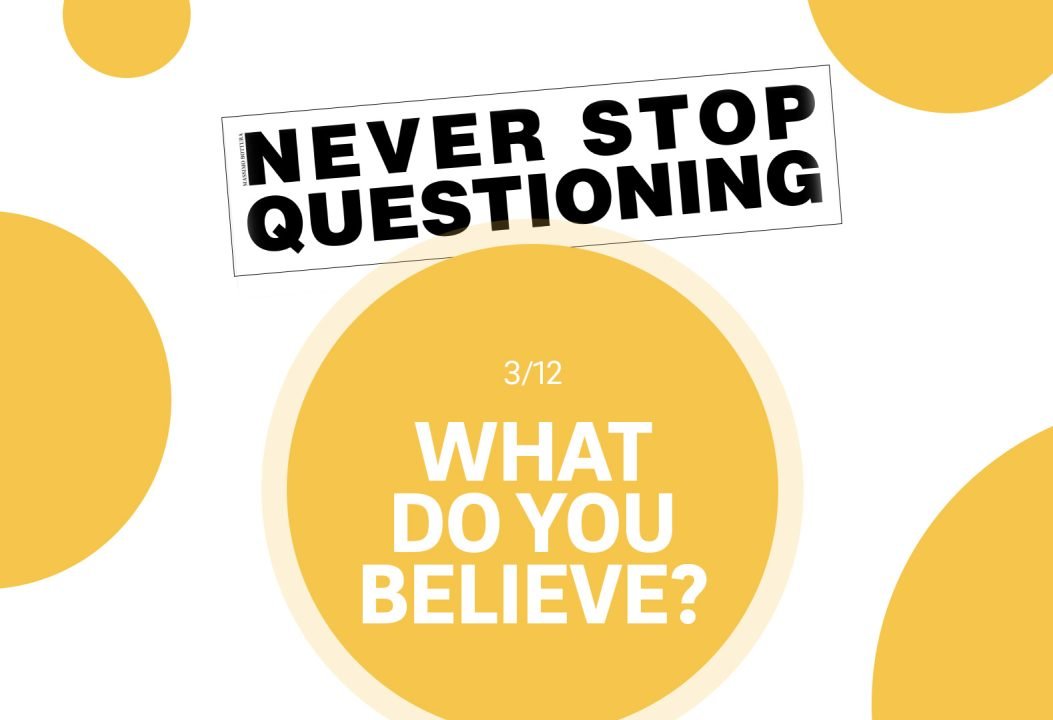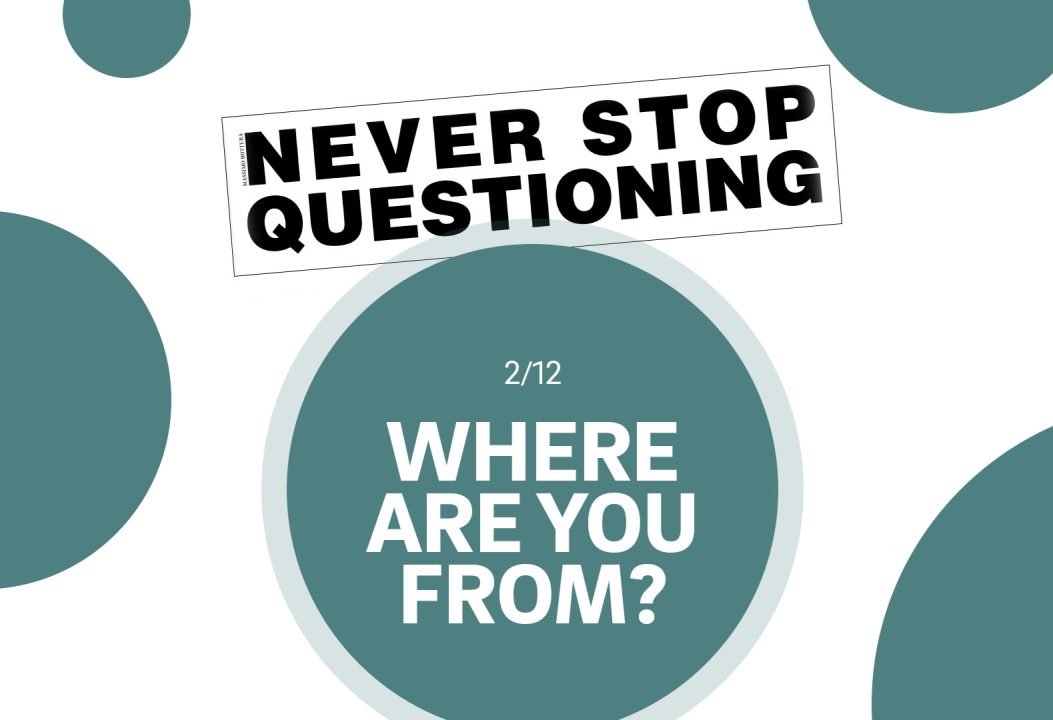Food for soul uses cookies strictly necessary for the proper functioning of the website, for its legitimate interest to enhance your online experience and to enable or facilitate communication by electronic means. To learn more about cookies please see our Cookie Policy
- About Us
- News and Stories
- News
- Antoniano: 70 years of service to the community
Antoniano: 70 years of service to the community
Antoniano Onlus, the operational partner of Refettorio Antoniano, celebrates a significant milestone by highlighting the contributions of Chiara Tonelli and Pasquale Valente, who have dedicated their time and skills to supporting the community for years.

On the occasion of Antoniano’s seventieth anniversary, we interviewed Chiara Tonelli, the chef of Refettorio Antoniano. She tells us how, over the years, the approach to food and surplus food recovery has evolved within the project and among those involved. Chiara reflects on the values of collaboration and solidarity that guide Refettorio, emphasizing its profound impact on the local community. She envisions a future where Refettorio is no longer needed because no one will have to struggle for a meal.
1. What does it mean to be the Chef of the Refettorio Antoniano?
Being the Chef at Refettorio Antoniano is more than just preparing meals. In the past two and a half years, I’ve reassessed my habits and priorities. Each morning, I walk into a unique kitchen. Until recently, it was an unfamiliar world to me, where I didn’t expect to give so much and, more importantly, receive so much. Being the chef here means working with dedication and fueling the passion that led me to this profession, knowing that my efforts have a deep impact.
2. What values underpin the kitchen at Refettorio Antoniano, and how do you convey them through the meals you prepare?
The values at the heart of Refettorio Antoniano’s kitchen are collaboration and mutual support between staff and volunteers. We work closely together, sharing our lives and creating an environment where everyone feels supported. Our goal is to brighten our guests’ days by offering not just a meal, but also a moment of peace. The volunteers are our direct link to the dining area and the guests’ needs. The satisfaction of seeing someone enjoy what we prepare is indescribable. Every day, even when we receive constructive criticism, we strive to improve, always aiming to do better.
3. How has your approach to food and food surplus evolved over the years?
Over the years, our approach to food and food surplus has significantly evolved, becoming more sustainable and mindful. We use surpluses to prepare nutritious meals, reducing waste and ensuring our guests have a complete and balanced diet, which contributes to their well-being. We have developed a greater awareness of the importance of responsible consumption. Excessive consumerism leads to an oversupply of products on shelves, which inevitably results in waste. To address this, we work to prevent such waste while still creating delicious dishes that meet our guests’ dietary needs.
4. How has the Refettorio Antoniano contributed to the local community, and what impact has it had on reducing food insecurity and promoting social inclusion?
Refettorio Antoniano has profoundly impacted the local community. Initially, I thought our guests would eat in silence, but I discovered a lively environment where conversations flow and genuine connections form. This time spent in the dining hall provides them with a respite from their daily struggles. The Refettorio not only reduces food insecurity but also promotes social inclusion by offering a space for meeting and dialogue. A meal becomes a starting point for new beginnings.
5. This year marks the 70th anniversary of Antoniano: what wishes do you have for Antoniano, and how do you think it can expand its impact in the future?
Seventy years is an extraordinary milestone. Since June 13, 1954, we have served 3 million meals without closing for a single day, consistently supporting those in need. I am grateful to Father Ernesto for believing so deeply in his dream and turning it into a solid and tangible project. A special thanks also goes to everyone who has contributed to this initiative over the years. My hope, as our director Fr. Giampaolo Cavalli often says that one day the dining hall will no longer be needed because no one will need help to eat.
To learn more: www.antoniano.it
News and Stories
Your Gift Will Help Us Make A Difference Today
Would you help us create a socially inclusive world where no food is wasted, communities are food sufficient and have the tools to thrive?



